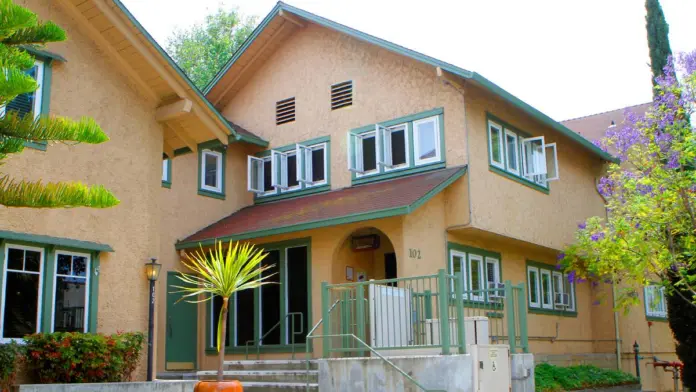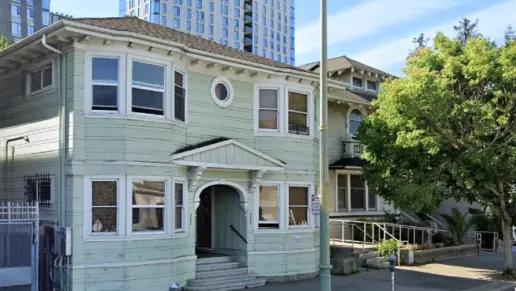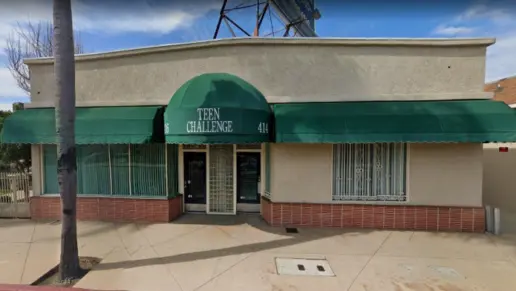About Pathway Society Inc
Pathway Society (PSI) in Santa Clara, California, provides inpatient and outpatient substance abuse and mental health treatment. PSI is a nonprofit, community-based center that is committed to wellness and helping those struggling with addiction and mental conditions.
They offer a nurturing, compassionate environment for your recovery path. Guests can feel a sense of hope for the future. You’ll attend individual and group counseling sessions, healthy lifestyle skills development training, and supportive settings that foster growth and overall health.
Individual counseling allows you opportunities to explore feelings and behaviors that can disrupt your sobriety. You may work on relapse prevention strategies and healthy coping skills you can use after treatment to ensure you maintain recovery.
Group therapy sessions are highly beneficial for many who need addiction support. These meetings include others in recovery who can empathize with your experiences and supply valuable feedback, often giving you different perspectives.
All Pathway Society’s centers are certified and licensed by the State of California Department of Healthcare Services. To provide guests with the most updated, comprehensive care available, they frequently contact practitioners, physicians, and therapists outside the organization. Many of the counselors at PSI hold advanced degrees, showing their commitment to addiction studies and treatment.
Latest Reviews
Rehab Score
Gallery

Location
Other Forms of Payment
Private insurance refers to any kind of healthcare coverage that isn't from the state or federal government. This includes individual and family plans offered by an employer or purchased from the Insurance Marketplace. Every plan will have different requirements and out of pocket costs so be sure to get the full details before you start treatment.
Self-pay involves paying for treatment out of your own pocket. You can use savings or credit, get a personal loan, or receive help from family and friends to fund your treatment. If you don't have insurance or your insurance plan doesn't cover a specific program, self-pay can help ensure you still get the care you need.
Addiction Treatments
Levels of Care
Treatments
The goal of treatment for alcoholism is abstinence. Those with poor social support, poor motivation, or psychiatric disorders tend to relapse within a few years of treatment. For these people, success is measured by longer periods of abstinence, reduced use of alcohol, better health, and improved social functioning. Recovery and Maintenance are usually based on 12 step programs and AA meetings.
Drug rehab in California teaches participants constructive ways to stay clean and sober. Treatment revolves around helping individuals stop using the substance they are addicted to and learn healthy habits to avoid relapse.
A combined mental health and substance abuse rehab has the staff and resources available to handle individuals with both mental health and substance abuse issues. It can be challenging to determine where a specific symptom stems from (a mental health issue or an issue related to substance abuse), so mental health and substance abuse professionals are helpful in detangling symptoms and keeping treatment on track.
Opioid rehabs specialize in supporting those recovering from opioid addiction. They treat those suffering from addiction to illegal opioids like heroin, as well as prescription drugs like oxycodone. These centers typically combine both physical as well as mental and emotional support to help stop addiction. Physical support often includes medical detox and subsequent medical support (including medication), and mental support includes in-depth therapy to address the underlying causes of addiction.
Programs


Clinical Services
Group therapy is any therapeutic work that happens in a group (not one-on-one). There are a number of different group therapy modalities, including support groups, experiential therapy, psycho-education, and more. Group therapy involves treatment as well as processing interaction between group members.
In individual therapy, a patient meets one-on-one with a trained psychologist or counselor. Therapy is a pivotal part of effective substance abuse treatment, as it often covers root causes of addiction, including challenges faced by the patient in their social, family, and work/school life.
Research clearly demonstrates that recovery is far more successful and sustainable when loved ones like family members participate in rehab and substance abuse treatment. Genetic factors may be at play when it comes to drug and alcohol addiction, as well as mental health issues. Family dynamics often play a critical role in addiction triggers, and if properly educated, family members can be a strong source of support when it comes to rehabilitation.
Amenities
-
Residential Setting
-
Private Rooms
Contact Information
1659 Scott Boulevard
Suite 30
Santa Clara CA, 95050


